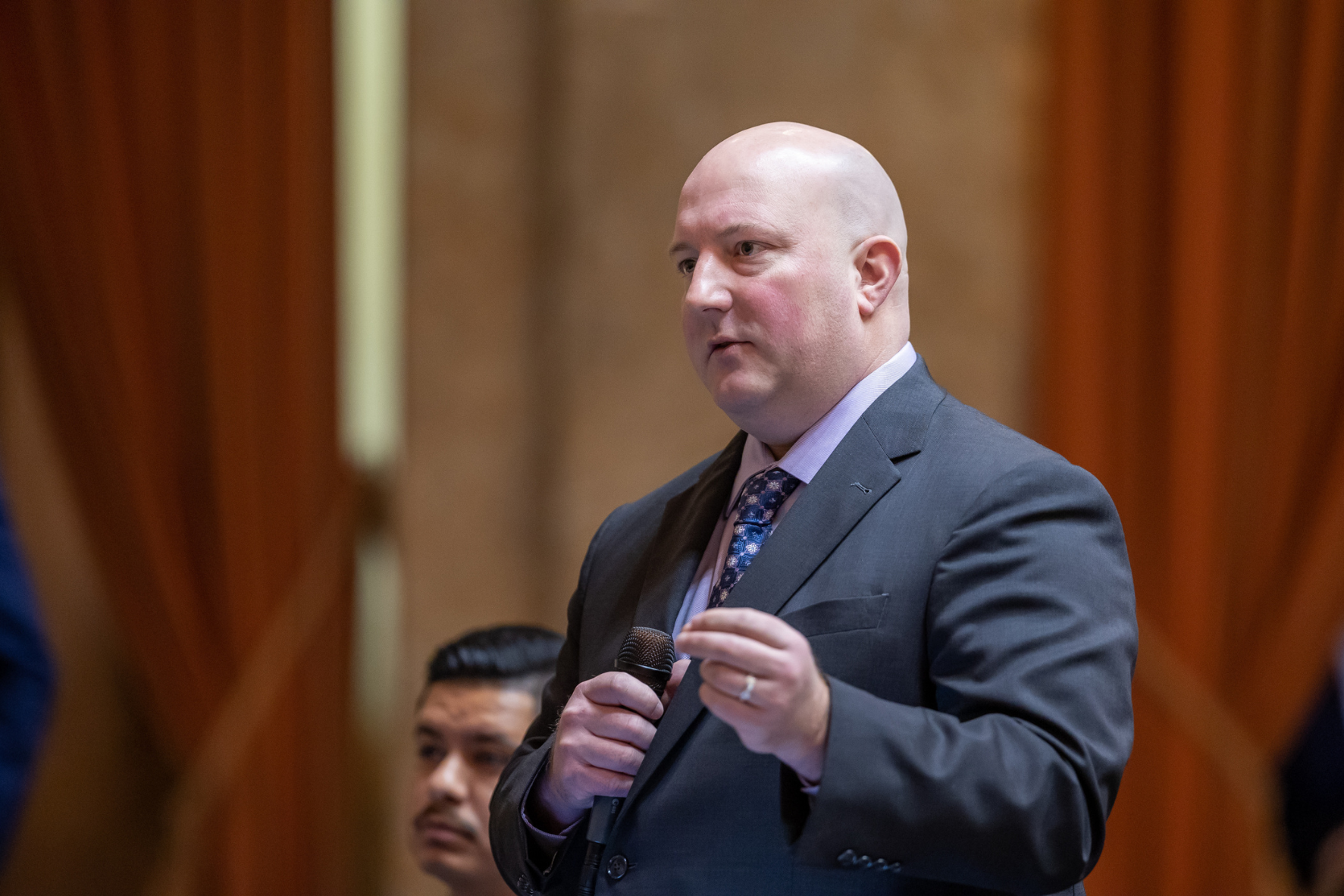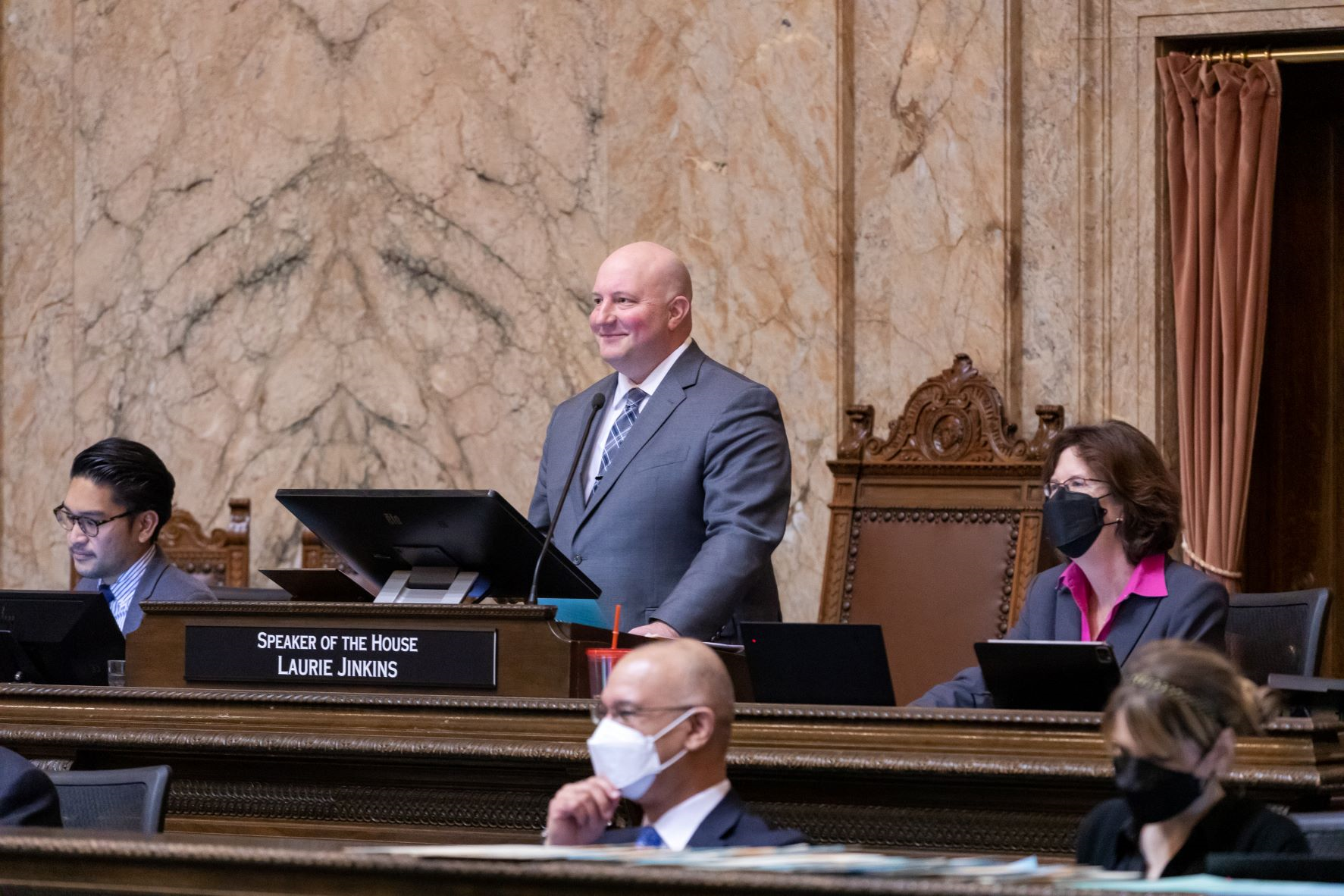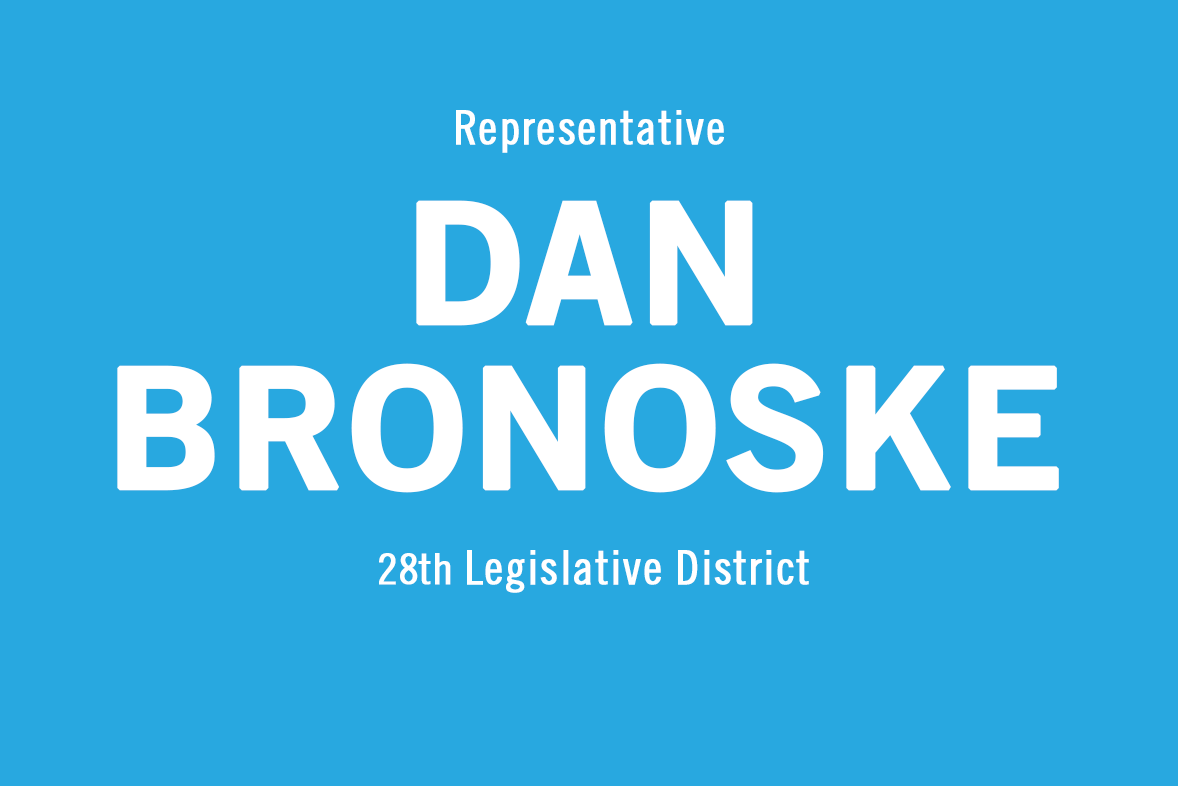Dear Friends and Neighbors,
The 2023 legislative session is over. After 105 days we have two-year state operating, capital, and transportation budgets that invest in moving Washington forward. From funding vital transportation projects to investing a record amount in housing and behavioral health, these budgets will help deliver a resilient Washington.
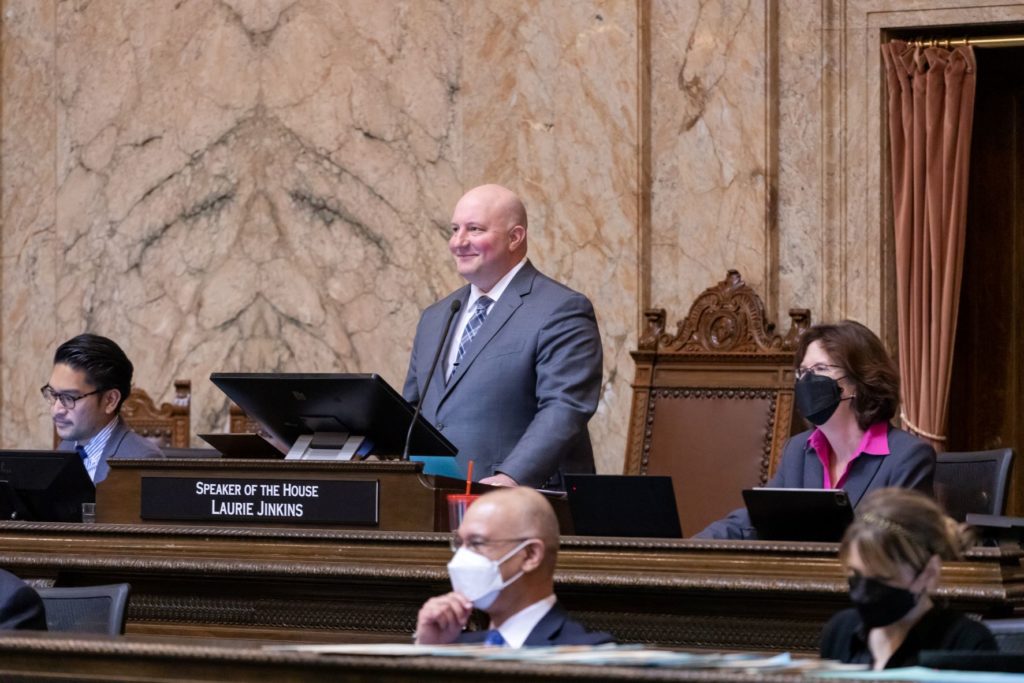
We also passed a lot of bills. This year the Legislature passed 476 bills out of the 1,481 that were referred to committees. This is the most bills that the Legislature has passed since 2019 when it passed 479. Of those 476 bills, 286 were passed unanimously and 379 had 80 or more votes. The vast majority of the work we do in Olympia is bipartisan and intended to help government perform better. Read on to learn about the bills I sponsored that passed the Legislature this year.
Bills Passed
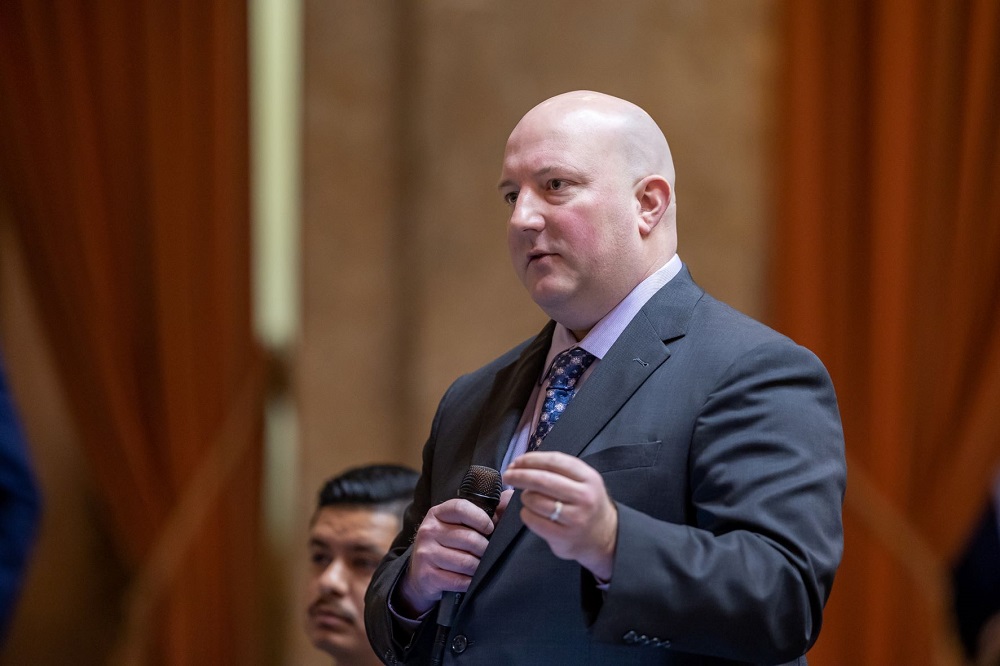
This year I proposed sixteen bills. Nine passed both the House and Senate. I focused my legislation on two main areas this year, improving conditions and circumstances for workers and making our government more efficient and useful. Our state continues to have a workforce shortage. By protecting injured workers we can get people back out into the workforce and attract talent to our state.
As a citizen legislature, one of our most valuable assets is that most legislators have other jobs and they can bring that experience to Olympia. I was able to bring my experience as a firefighter to bear and pass legislation to keep our homes safer in the event of a fire. Read on to learn about the bills I passed this year!
Protecting Our Homes
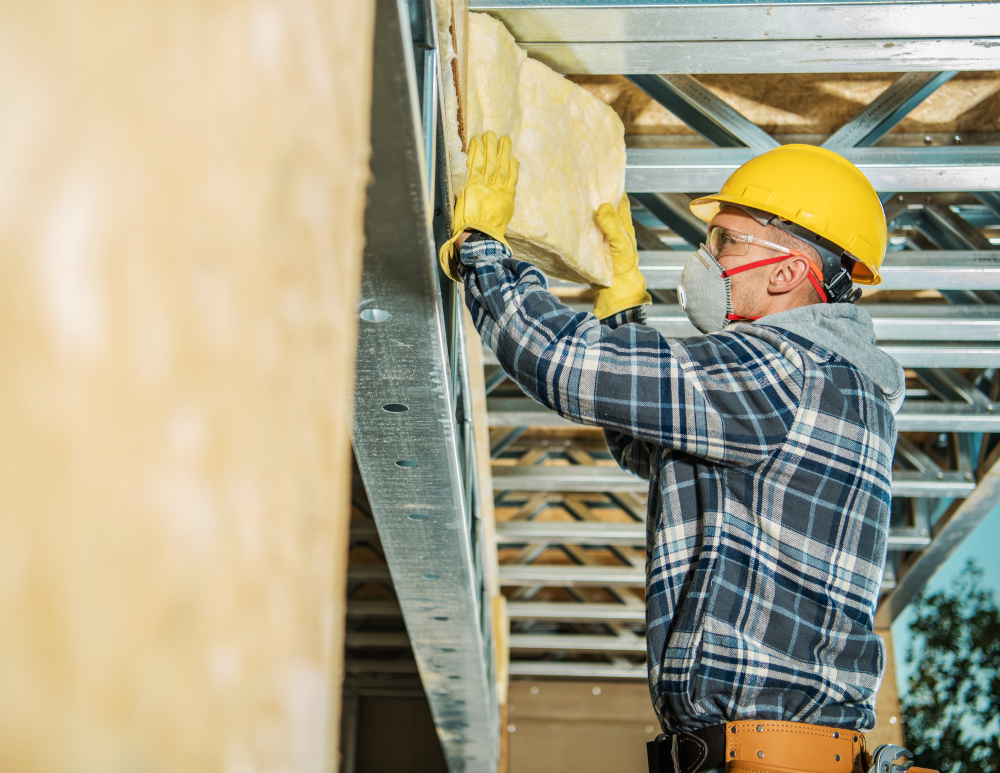
HB 1323: Training requirements for applying fire-resistant materials
Many steel construction buildings now require the application of fire-resistant material. As a firefighter I have seen the effects of when this material is not properly installed or applied. This bill simply requires that those workers that apply fire resistant materials be certified by the Department of Labor and Industries and to receive training from an approved trainer. As we continue to build the housing our state desperately needs, these requirements will protect residents for decades to come, allowing people the chance to escape in a fire and giving firefighters time to prevent the fire’s spread.
Protecting Workers

HB 1542: Requiring AEDs for lineworkers
Lineworkers do the hard and dangerous work of keeping our power-grid operational. They work on high-voltage lines, often in inclement weather. Touching a high voltage line can cause cardiac arrest, and during cardiac arrest access to an Automatic External Defibrillator can mean the difference between life and death. There are numerous examples of AEDs being used on a lineworker, allowing that worker to go home to their family. Most major companies already provide and maintain AEDs for their workers. This bill would simply ensure this best practice is adopted by all employers and no one gets left behind.
HB 1068: Protecting injured workers rights during compelled medical examinations
When a worker is injured on the job they receive workers’ compensation either through the State Fund or a self-insured employer. During that time the state or employer can compel the worker to get an independent medical exam to verify their injury. Unfortunately, we have had reports of doctors who do not have injured workers best interests in mind. This bill simply allows the worker to either record their compelled examination or bring one person of their choosing with them. In this way we can be sure that injured workers are getting the compensation they have earned and deserve. KING 5 recently did a segment on this bill: Injured workers push for recording exams they say are stacked against them.
HB 1521: Ensuring injured workers get the care they deserve
Injured municipal and private sector firefighting workers whose employers are self-insured often have their care managed by third party administrators (TPAs). TPAs are incentivized to keep costs low, leading to the denial of legitimate claims and delayed care for injured workers. This bill establishes a duty of “good faith and fair dealing” as well as penalties for violating that standard. This will help make sure injured municipal and private sector firefighting workers get the care and treatment they deserve without delay.
HB 1197: Adding psychologists as attending providers for mental health claims and clarifying definitions for workers’ compensation
This bill allows state licensed psychologists to work as attending providers for mental health claims under the workers’ compensation system. It also clarifies definitions in statute and ensures that any attending provider who works on a case may be required to testify. This will help injured workers get the care they need.
Improving Government
HB 1626: Providing coverage for non-invasive colorectal cancer screening tests
There are two types of screening for colon cancer, one is non-invasive and the other is a colonoscopy. Unfortunately, only the more invasive option is covered by our medical assistance programs. This bill makes sure that non-invasive screenings are also covered, which will allow more people to get screened for colon cancer. This bill will help people detect and treat colon cancer early, saving lives.
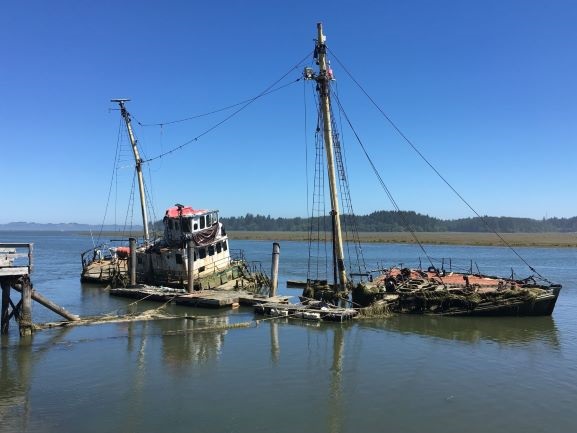
HB 1753: Speeding the removal of dangerous derelict vessels
When a boat is abandoned or comes loose from its moorings, it can quickly become dangerous to our environment and a hazard to navigation. That is why Washington has a Derelict Vessels Removal Program run by the Department of Natural Resources (DNR). HB 1753, simply speeds up the timeline for removal of a derelict vessel, still ensuring that owners have due process, but also allowing DNR to more quickly remove these hazards from our waterways.
HB 1008: Expanding healthcare options for Plan 2 retirees
This bill allows state and local employees who receive medical benefits through the Public Employee Benefit Board to keep receiving state health insurance coverage after they separate from the state even if they don’t retire and start receiving benefits. Currently only those employees with Plan 3 are able to do this. This bill simply expands that option to Plan 2 members as well.
HB 1435: Working to increase funding for long-term in-home care
Washington has been a leader in long term care, but sustaining our investment requires ensuring adequate funding. There are federal Medicaid dollars that are available that Washington is not taking advantage of. This bill sets up a work group to figure out the best way to tap into those dollars and requires in-home services agencies to provide the requisite data to the Department of Health. This will save Washington taxpayers money in the long run and help us maintain our long-term care system.
If you have comments, questions, or ideas, please contact my office. I hope to hear from you soon!

